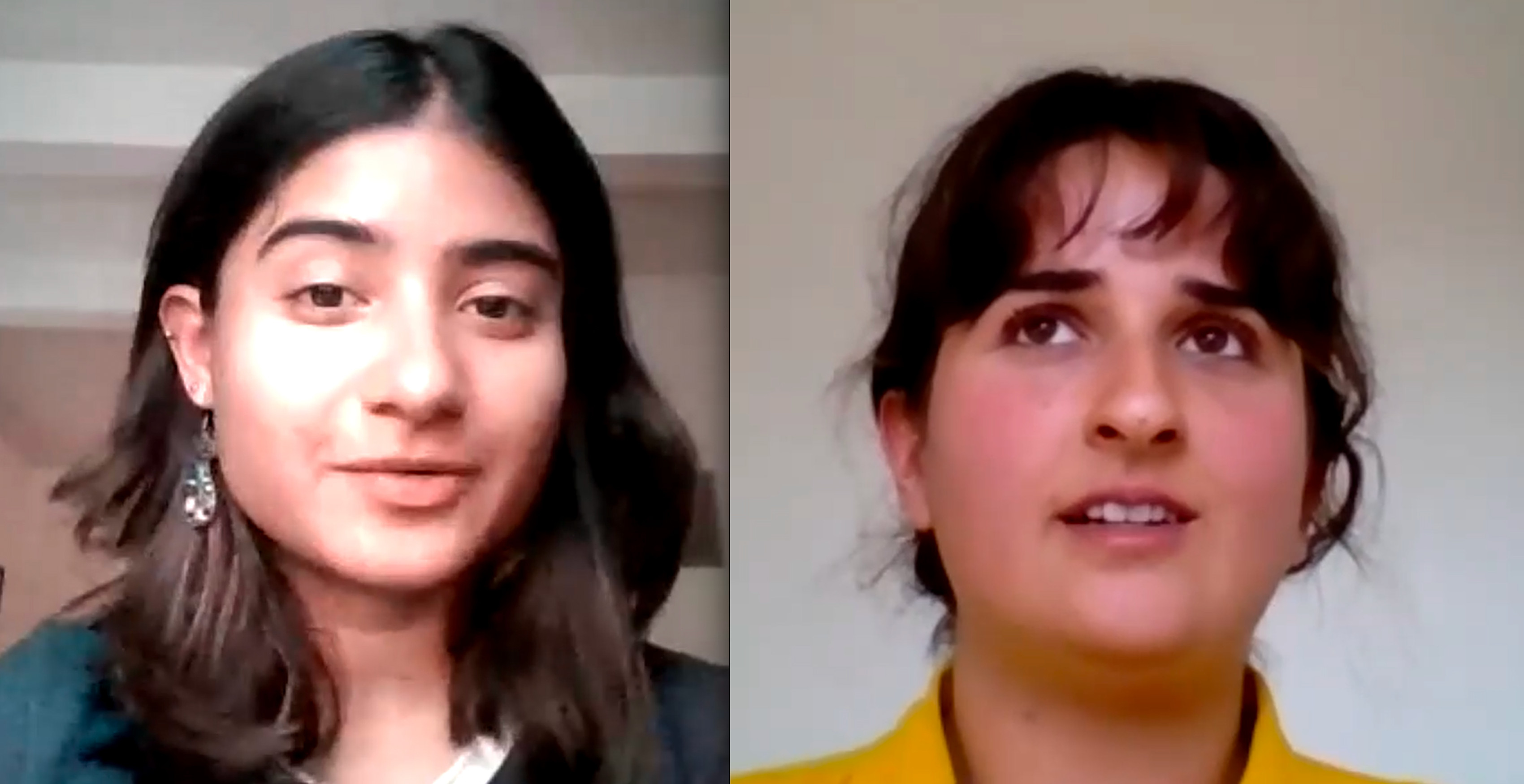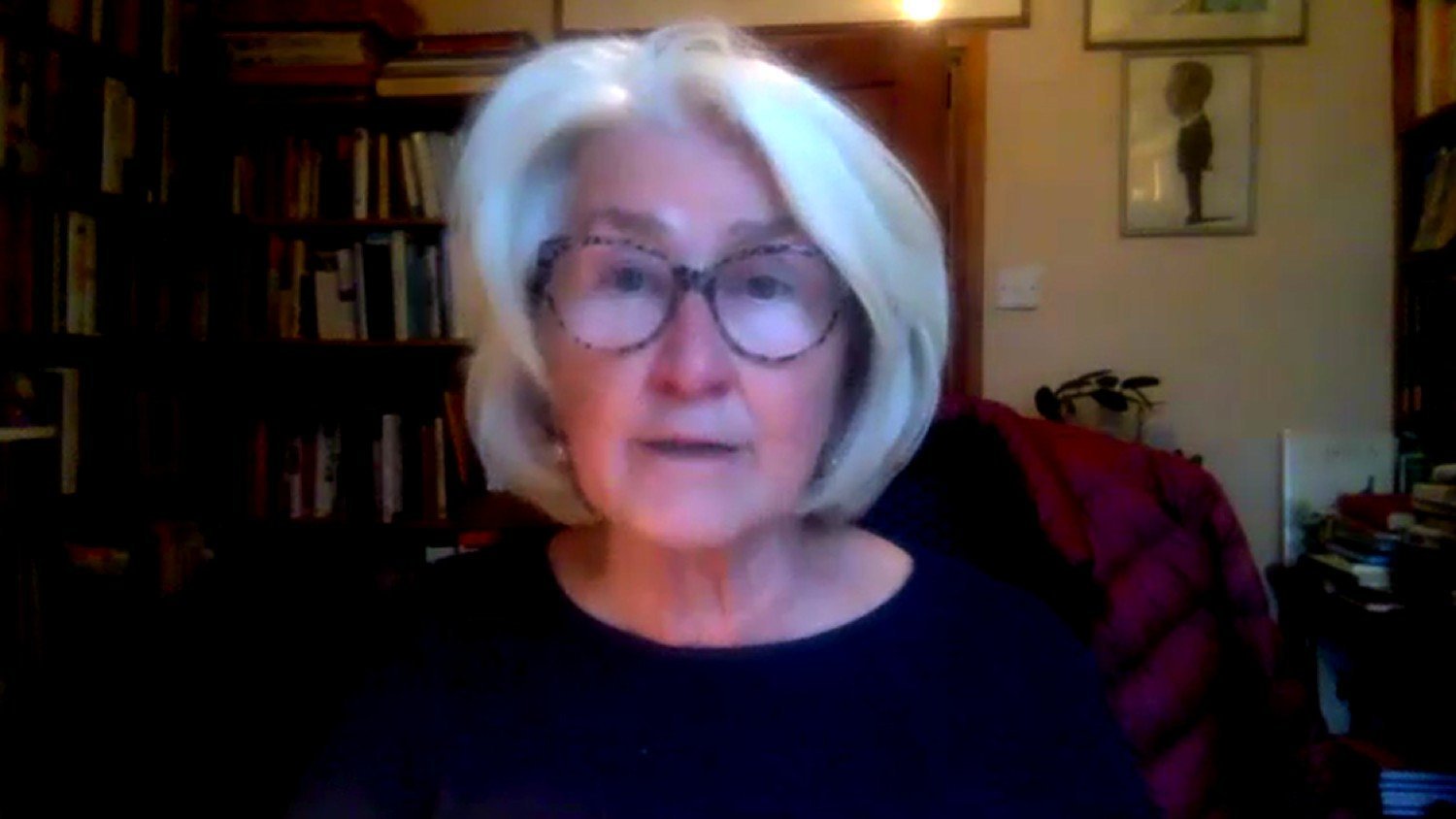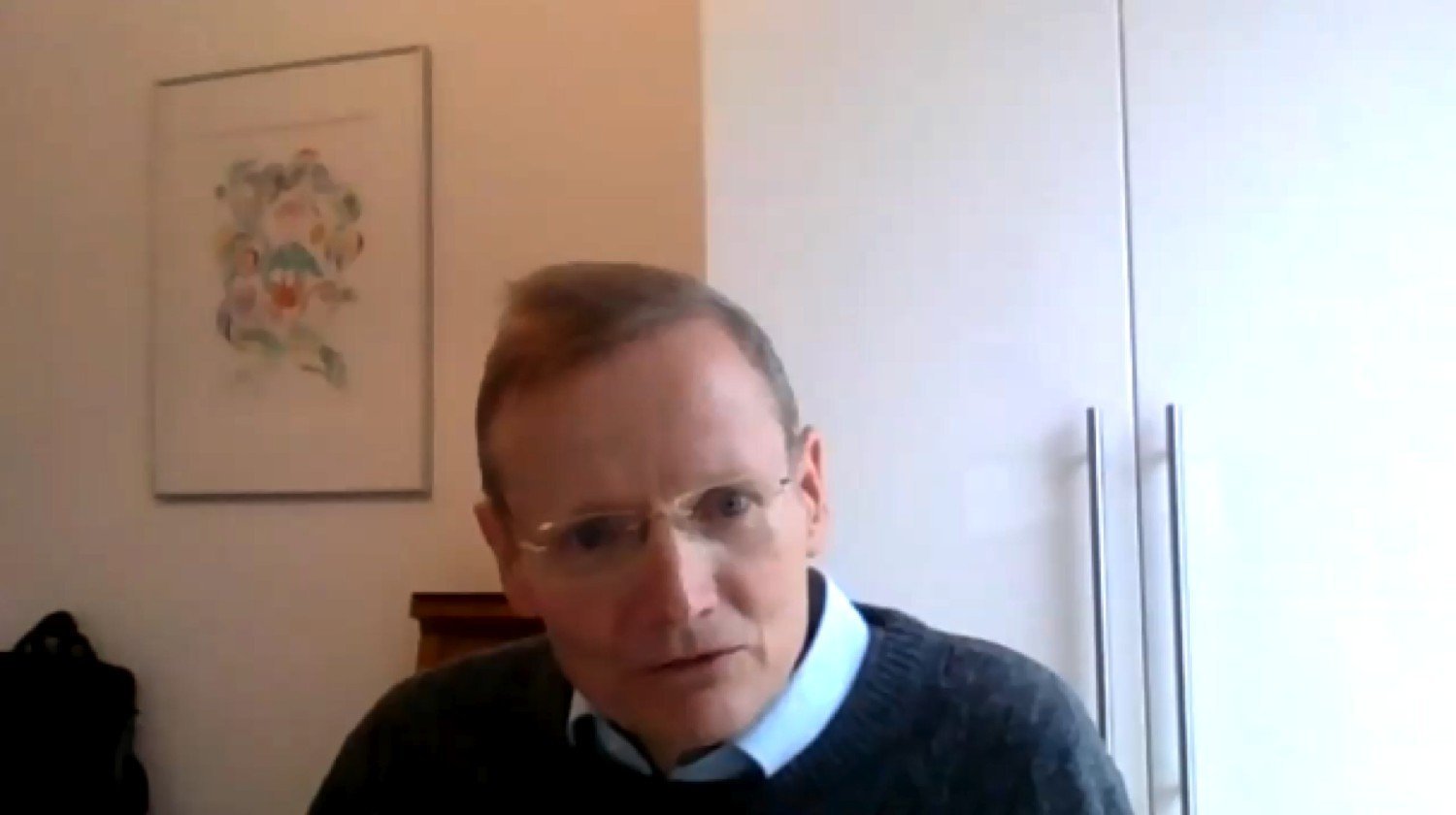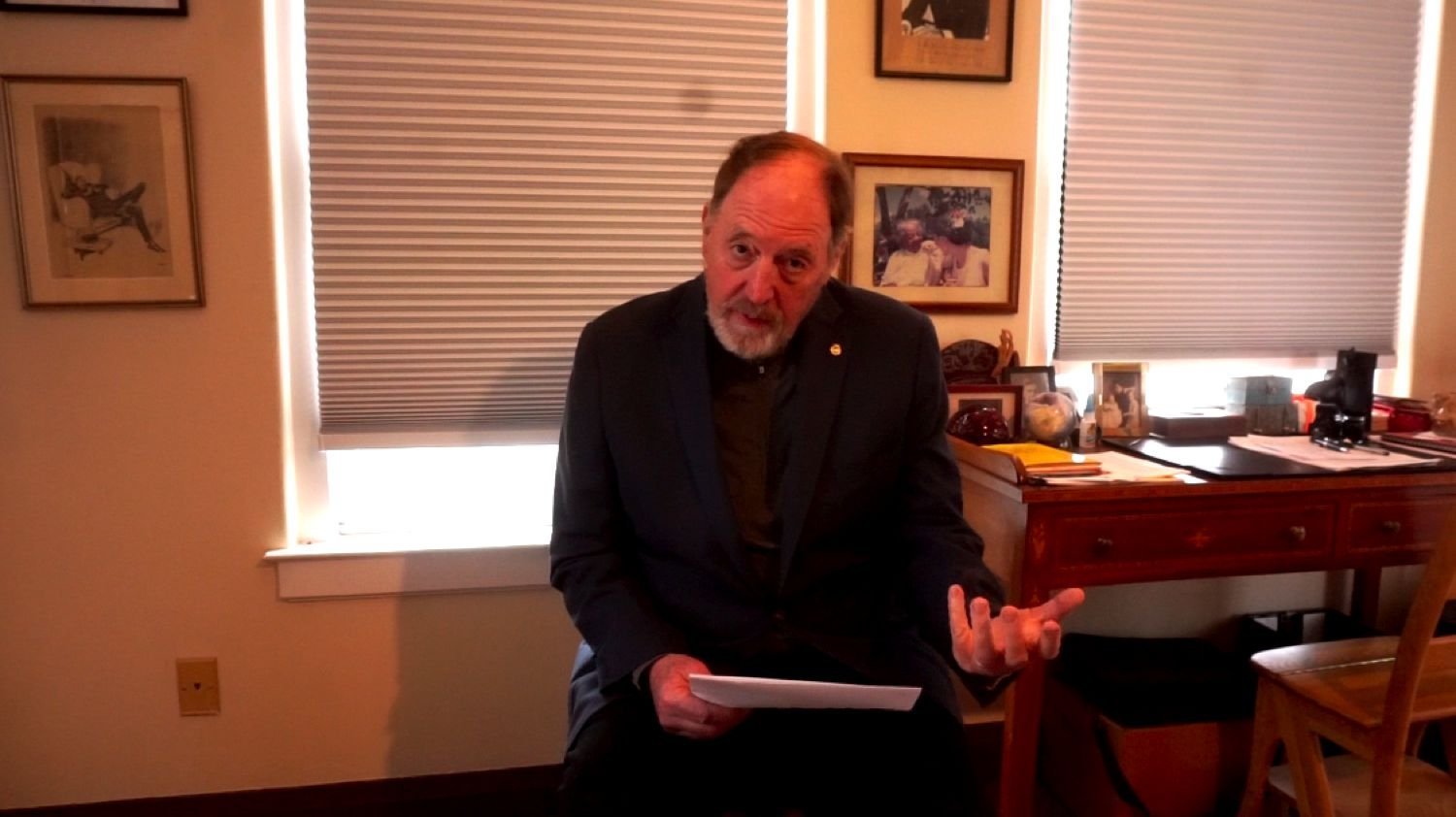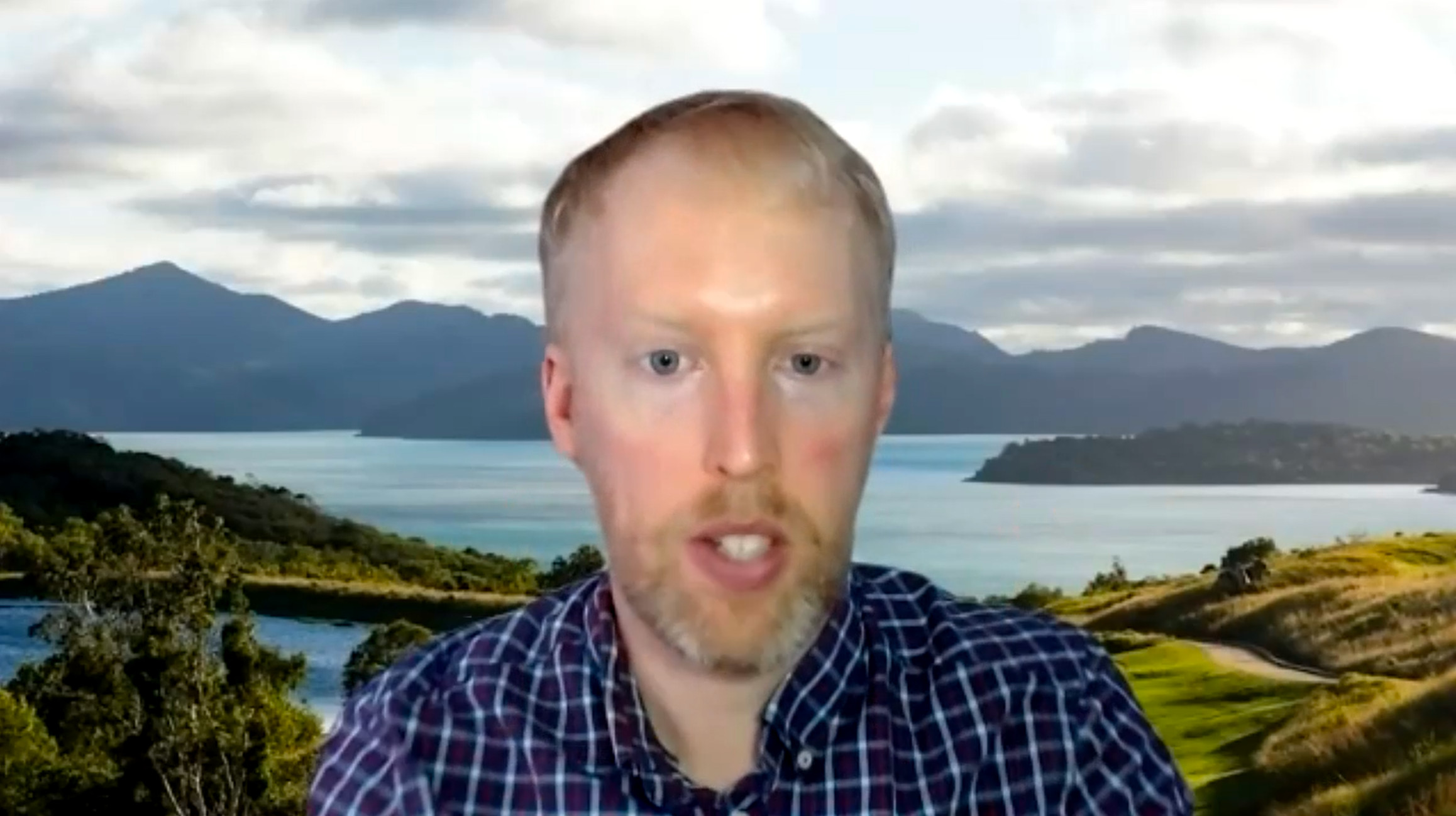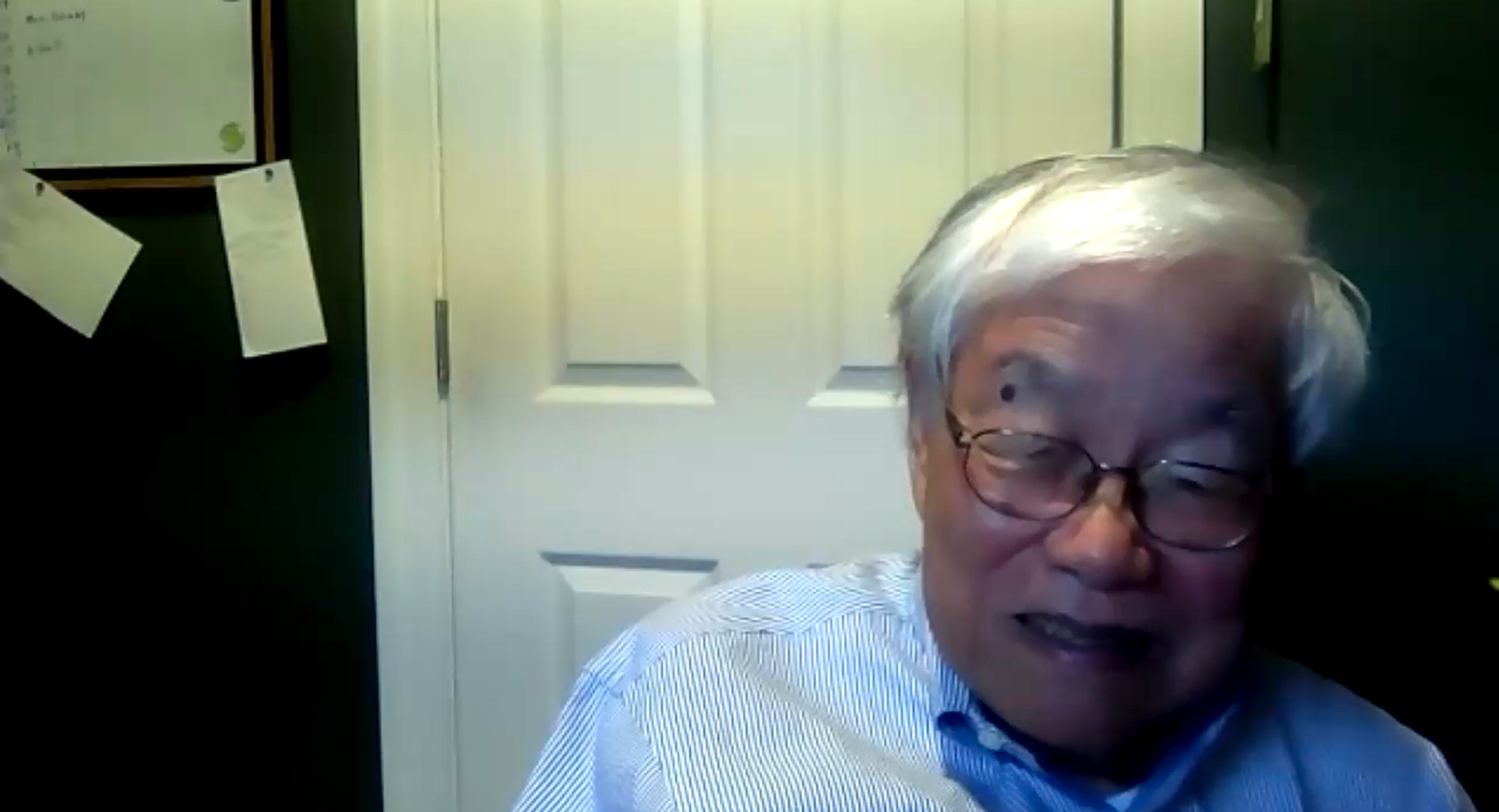Shanaya D’sa/ Leora Schertzer
Leora Schertzer: Canadian. Student of Environmental Economics and Communications, McGill University. Co-President, Expanding Economics. Shanaya D’sa: Indian. Student of Economics and Cultural Studies, McGill University
1. Why does economics matter?
Leora:
I think there’re a few big answers to this question. I’d say first of all, so many of the central issues of our time, like climate change, mass wealth inequality, racism, the housing crisis, these are all rooted in economic systems. And also, so many of our industrial, economic and logistical infrastructure obviously is rooted in economic systems. And this is the fabric of our social structure. And these issues are not just unique to capitalist societies, but for any civilization or for any social organisation. Economics plays a central role. Shanaya, do you have any thoughts?
Shanaya:
I feel that economics, in its essence, just tries to describe how people interact with each other and how societies interact with each other. And I feel that that is a central goal that’s crucial to understanding any relationship, whether it be on a micro level in households or on a macro level between countries. And so understanding those relationships and using the tools that economics gives us helps us use them towards - in a more disciplinary approach - it would allow us to use these tools towards focusing on actual actionable causes.
2. What are the differences between economic science (academic economics) and economic engineering (policymaking)?
Shanaya:
I can start with this one. As a student, and this is just from a student perspective, I feel that they are really separated from me because economic theory, I thought, would give the tool for economic policy to be developed. Economic policy is kind of like the science experiment where you actually try and make sure that what theory says is correct. But from whatever I studied in classes, it’s sort of a deviation from economic theory. Like every time I look at a real life policy, in your course, Julian, we did a lot of actual policy making in 423, and it was interesting to see how much that actually deviates from theory.
And so every time I know that it’s a policy that’s working in your life, it’s like, oh, it deviates from all of this theory that I studied in my foundational courses. Hence, it must be a good policy. That’s the way that I look at it. So it’s just really interesting to see how policy takes theory as a tool to work, but theory - at least the theory that I’m exposed to - has never looked at policy and said, okay, this is what actually happens in the real world, let’s go back and change the way that we look at theory, if that makes sense.
Leora:
And also, I would say that policymaking focuses more on data and economic data, and this is not really something that we interact with at all as students or in an academic setting. In all of my classes - I may have taken a very specific subset of economic classes, and this might not be the case across the board - but all of my classes and through my exposure to academic economics, it’s all been very rooted in theory and equations and I don’t even actually know if the theory informs the decisions all that much in economic policy making.
3. What role does economics play in society? Does it serve the common good?
Leora:
I guess, like I was saying before, most of our social infrastructure is rooted in economics, and it is the thread between how we eat, how we work, how we live or where we choose to live, and I guess really every material and physical dimension of our lives interacts with economics. So it plays a very central role in society. But the question “does it serve to common good?”, I’d say we would all be best off if these material decisions are chosen wisely, so it definitely can serve the common good.
However, I think too many of our economic choices don’t really reflect or honour the true value of things like such as the environment or human life. And when these decisions are not really made well, or when the theory does not valuate phenomena properly, then I think economics can actually be quite dangerous, or can really lead us astray since if a choice is given the go-ahead based on the result of an economic analysis and actually has serious consequences, they might not be accounted for.
I think there are too many externalities in the current state of economic analysis.
Shanaya:
That was just a lot of my answer as well so I’m not going to repeat all of it, but just to add onto that, the ability of economics to serve a common good is solely rooted in the context of how it’s used. It’s solely rooted in the interdisciplinary approaches it takes in order to serve a common good. Because just looking at economic theory on its own, if we look at productivity or utility, it’s pretty separated from how people actually value things and how people are actually valuing productivity, just as an example.
And so if you look at the cultural context or the historical context of a particular economy, the tools that you use in economic theory in order to gain something would result in a better common good if that’s the end goal, but if it’s misplaced, or if you take a particular policy of one particular country and put it elsewhere, it’s not going to solve the means that it was supposed to. And I think that’s the same as it goes for the common good: you need to know how it would actually reach the end in order for it to reach the end, if that makes sense.
4. Economics provides answers to problems related to markets, efficiency, profits, consumption and economic growth. Does economics do a good job in addressing the other issues people care about: climate change and the wider environment, the role of technology in society, issues of race and class, pandemics, etc.?
Shanaya:
When I look at economics, I feel like also being part of Expanding Economics makes me look at economics in two different ways, like economics that I’m studying in class and the economics that I discuss with my peers in Expanding Economics. And so the economics that I study in class looks at environment as an externality, it looks as inequality as an externality. And I think we’ve had a podcast about this as well, that we look at these as exogenous variables are not endogenous variables, like part of the model.
And I feel like that results in the models that we are taught in class and how to solve pollution and how to decrease the social cost actually won’t work because the environment is not considered as central to the model. And so all in all, I feel that, again, I think my answer is just repetitive, that it has the tools to explain environmental problems and actually solve them. Even when it comes to racial inequalities, I feel that theoretical economics does not explain racial inequalities at all. It actually explains the opposite of that.
And being able to decode how utility is explained and derived, decodes the racial inequality that systemically lie within economic theory.
Leora:
Also, Shanaya, for those of the viewers who don’t know, could you say what Expanding Economics is?
Shanaya:
So Expanding Economics is a group on campus that focuses on talking about pluralism on an off campus. And we have events, podcasts, and basically we spread heterodox and pluralist economic thought on campus.
Leora:
Short answer is no, I’d say it doesn’t currently do a great job of addressing these issues that are kind of beyond calculation or that don’t have very obvious values in economic theory. And specifically thinking about pandemics as an example: I remember at the beginning of COVID, there was a frenzy under the Trump administration to return to normal, return life to normal for the sake of saving the economy, even if it meant mass death or that people would die in the process. And in that discussion I thought, if human life is not relevant in the calculation of what is good for the economy, then there is something seriously wrong with this economic calculation.
And again, like, Shanaya was saying, I think a lot of these issues are by nature economic issues, and they ideally should be addressed in the economic discipline. And I think in wider society, people are feeling kind of stuck, actually, because there’s just a lot of looming tensions and problems that we’ve been talking about like you mentioned, like climate change, pandemics, wealth inequality, racism and whatever.
A lot of these issues have economics at the root, and I feel like because of the nature of economics, the goal being to process hard data and to kind of eliminate critical analysis - I don’t know if that’s really a fair assessment, but from my sense there is a tendency to avoid critical analysis and nuance and focus more on numbers that can easily be processed. And then for that reason, a lot of these questions that have a lot more grey area kind of get lost or just are not really fully fleshed out in an economic analysis.
5. As we live in an age of economics and economists – in which economic developments feature prominently in our lives and economists have major influence over a wide range of policy and people – should economists be held accountable for their advice?
Leora:
Yeah, because economic decisions can be quite powerful and significant and have high stakes. If someone is giving incorrect advice, for example, it would be best for everyone to fix a problem from the source. And I think economists should definitely be expected to think critically and take the job seriously. And I guess my short answer is yes.
Shanaya:
My answer is yes as well, 100%. I feel that at the start when I saw the question, I was thinking that it depends on context, whether they are a professor, like teaching at a university or whether they are making policy change on a more legal level or on a governmental level. But at the end of the day, what professors teach us as well has a huge impact on students. And at the end of the day, economics has huge impacts on policy making and on the political level as well.
And so 100% they should be accountable for the advice that they give.
6. Does economics explain Capitalism? How would you define Capitalism?
Shanaya:
I guess economics, I don’t know if explain is the correct word, but it does influence how I view how capitalism was formed and developed, just because most of economics tries to have these very quantifiable measurable values with everything that we are taught. And so capitalism in a way also is being able to find value in things that give us utility, at the end of the day. And so I see how economics has definitely resulted in capitalism being this one form where you need to tack on a value onto every single thing that brings you utility.
And that’s also my definition of capitalism, a very informal, not very well-explained definition, which is basically if anything brings you pleasure, it’s going to probably have a price tag on it. That’s my definition of what capitalism is right now.
Leora:
I would say economics definitely gives valuable insight into the rationale of capitalism, but I think capitalism is best explained by history, and also that economics sort of presents capitalism as a logical default. And also capitalism is kind of the paradigm of economics the discipline. So it doesn’t give an explanation from an outside of view, it’s more like economics - as I’m taught in school anyway - operates within the capitalist ideology, basically. And capitalism is many things, because if we’re thinking of it as an ideology or a system, it’s both an economic structure as well as an ideological paradigm with the base assumption that people want to maximise profit for themselves and that economic activity is separate from the stage.
But I think if we’re talking about what is capitalism today and how does it manifest in society, it becomes a lot more complicated than that because there are many phenomena that have risen out of capitalism that are not necessarily the definition of capitalism. Corporations and are not necessarily upholding the definition of capitalism, but I think that they are a unique product of capitalism and wouldn’t have risen out of a different type of social organisation. I’ll leave it there.
7. No human system to date has so far been able to endure indefinitely - not ancient Egypt or Rome, not Feudal China or Europe, not the USSR. What about global Capitalism: can it survive in its current form?
Leora:
I would say no, absolutely not. I don’t think it can survive in its current form. There’s no reason to believe that our current system is superior to previous civilizational structures, given that we were saying there are so many confounding, major social and existential issues that are at play right now in the world, and a lot of those issues can be credited to capitalist decisions, especially climate change is a result of our industrial choices. And I think we’ve made many mistakes as humans in our industrial life.
And I think if there’s any hope for humanity to continue to exist, we must dramatically change our economic structures and our values, essentially. And I think capitalists and billionaires and mass wealth inequality - If you think of billionaires, that is not necessarily a given in capitalism. I think, again, that is a historic phenomenon, but it was a phenomenon that kind of rose out of capitalism.
And I think mass wealth inequality and billionaires are a huge threat to our survival. And this wealth dynamic, which is born out of capitalism, is like one of the biggest social issues of today.
Shanaya:
I agree, and just to add on to that, my answer was mostly focused on wealth inequality, because at the end of the day it’s very few people in the society calling the shots for a lot of people. And so that definitely results in larger inequalities that aren’t wealth-related. Furthermore, global capitalism has resulted in so many problems that I wouldn’t see becoming so big with other forms just because with global capitalism, if you focus so much on the aspect of productivity, it sort of changed the way that humans define themselves or define other people as well.
And so it sort of made us all believe that you are worth what you produce in some sort of way. And I don’t see that working in the long run at all.
8. Is Capitalism, or whatever we should call the current system, the best one to serve the needs of humanity, or can we imagine another one?
Shanaya:
Based off my previous answer, no. I don’t feel that it would be the best one. And just going on something that I was going to continue saying last time is that not only a few people in actual power to make decisions for most of the population, but even if you look at it from the very theoretical economic perspective, there’s a lot of risk involved in that happening.
One person, one investor who has so many stakes in so many different things, which is actually turning the world. If something were to happen, if they were to turn out to be the evil guy, we are putting a lot of trust in to one individual. And so that thought changes the way that we should look at the redistribution of income and wealth inequalities. And yes, I do feel that there are a lot of different ways. Obviously, I’m not going to be able to define it because especially in today’s world, I wouldn’t know what those structures would look like, but I’m sure there are better ways to organise society than just having a few people calling the shots and not being able to make a lot of change on a more equitable scale.
Leora:
To tack on to what Shanaya was saying, no, it is not the best system I’d say. I think we are due for a change in the way we structure our economic system. I’m not sure an exact new how it would manifest, but I think we could build economic systems where people are more personally implicated in the production of whatever it is that they’re using or consuming or involved with. I’d say most of our goods or our physical objects are producer-controlled by corporations, and that has created a lot of, first of all wealth inequality and climate issues.
But beyond that, has create a lot of disenchantment between ourselves and our physical world. And I think if people had more of a say in what it was that they were eating or where they were living or what they were doing with their time, and were thus more socially implicated or if it was more of a collective project rather than a top-down structure, then I think that would meet our needs quite well and also eliminate many of the problems - it wouldn’t be easy or it wouldn’t be utopic or anything, but it would resolve a lot of the - maybe not resolved, but it would definitely mitigate a lot of the problems that we’re seeing with the current capitalist system.
(AoE): Do you think that the younger generation wants this change, that they are feeling things are going wrong, we want to make something against it or whatever, or it is like the older guys?
Leora:
Yeah, I think young people definitely want things to be different and want change. It also could be that most of the young people I know are in a university setting. I don’t know if that influences that take, but no, I’d say that’s not the main thing. I think most young people want the world to be different. And I also think because we’ve been talking a lot about climate change being a central economic issue of our time, I think young people also feel the most implicated in climate change, since a lot of older people think, okay, by the time there’s any real existential threats to the human race, I’ll be dead anyway.
But for young people, we are going to be navigating that for the rest of our lifetime. And I disagree a little bit with the notion that no change is happening. It does feel very slow compared to the rate at which we’re seeing the problems, it feels like everything is snowballing and is out of control and very intense, and we’re not responding quick enough. But I do think that there has been response, and people are creating movements and a lot of people have a lot of really good ideas, but they do get lost in the scale of the issue at hand, and it feels like any sort of response that we have is not really comparable to the scale of the problems, or it feels like almost insurmountable.
So it’s easy to think that, or to believe that not enough is happening. But I’d say change is happening, and it’s always the case that it happens on the margins of society, and then it takes over. And even though it feels like the inertia of capitalist systems are powerful or overly powerful in that we don’t really have control over that, I think we need to zoom out and remember that life looks very different now than I look even 20 years ago, 10 years ago, and it is happening on a larger time scale. Change is happening quite fast, and for that reason it is within our power to make it happen.
And I was going to say, it’s hard to imagine because we haven’t known it in our own lifetime, but it is historically relatively recent, and our social structures change all the time. You said empires rise and fall, on cycles of several thousand years or a hundred years, and these dynamics are very much at play. It’s just hard to see it ourselves in our own world because it’s easy to reflect retroactively, but the same cycles are happening right now.
Shanaya:
Just to add on to that, I guess the reason why it’s also invisible change is because of the fact that we also need to do our own unlearning of the system that we have been born and brought up in, which is a whole thing to take on before trying to make impactful change in the society that we’re in. Because what’s basically being asked of us is to unlearn the society we were brought up in and as well as try and imagine and figure out a way to create solutions that the society has caused problems for, when we’ve never envisioned something like this. The only way that we see other societies organise is in books and movies and in theories that we study in class and not outside of that, which is what makes it a slow change, in my opinion, but even then it’s pretty visible that things are moving so quickly, especially over the past two or three years. And so, yes, I just wanted to add on to that.